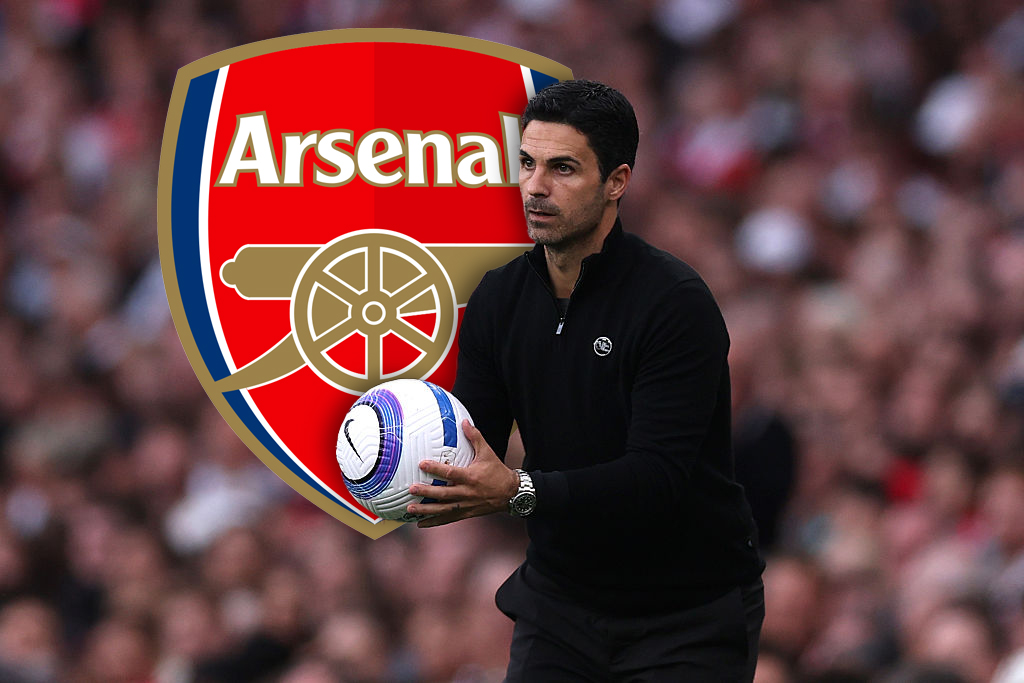Sudan staging home-grown revival
If Sudan ever wanted reminding of the status quo in African football, they need only compare their team hotel at the Africa Cup of Nations to the Ivory Coast's accommodation.

While Ivory Coast's array of European-based players are pampered in a luxury out-of-town hotel with private beach and golf course, Sudan are in a kitsch three-star establishment with low ceilings, mock chandeliers and dark corridors, located on a noisy roundabout.
Yet Sudan's little-known players were anything but outclassed when the sides met in Equatorial Guinea on Sunday, unluckily losing 1-0 in a game they could easily have drawn.
Although Sudan itself often makes headlines for conflict and grinding poverty, it has a flourishing domestic football league and, uniquely at the Africa Cup of Nations, the squad consists entirely of home-based players.
Nearly all come from the fanatically supported Al Hilal and Al Merrikh who, in a story which may sound familiar to European fans, dominate the local league between them with backing from rich owners.
Al Hilal, in particular, have become a force on the continent, reaching the semi-finals of the African Champions League twice in the past three seasons.
Players from the two clubs are national celebrities with high wages by local standards, something which national team coach Mohamed Abdallah said is making them reluctant to leave the country and gain experience.
"It doesn't encourage the players to go abroad," he told Reuters in the hotel lobby, with a Spanish-dubbed John Wayne film blaring on the television in the corner.
Get FourFourTwo Newsletter
The best features, fun and footballing quizzes, straight to your inbox every week.
"They are better off at home than maybe they would be abroad where they might have to fight to get into the team and would not be so well-known."
Abdallah was hopeful that a good performance in the Nations Cup, where Sudan face Angola in their second game on Thursday, could change that.
"Among my squad, there are 16 totally new players who have not played in the finals," he said.
"One of our objectives is to show our players and get them onto the market. If they perform well here, that could give the chances to play professionally in Europe."
Although Sudan was absent from the Nations Cup from 1976 to 2008, football has always been enormously popular in the country which hosted the inaugural tournament in 1957 and won the title in 1970.
"The natural talent is still there," said Abdallah, a defensive midfielder who captained the team in the 1970s. "We need to set up some academies to develop it better."
On the other hand, having only home-based players also has an advantage.
"The coach has more time with the players, than when they just come for the official FIFA dates and the ambition is higher."
